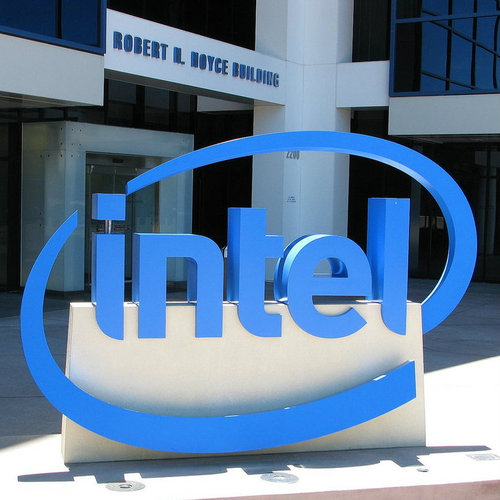
American chips goliath Intel has confirmed receipt of a US government license to continue selling products to Huawei.
The Chinese vendor has been hit with various US sanctions in the last year and is currently unable to procure components from US firms or companies that rely on US technology unless they have obtained a concession.
Reports that Intel had secured the necessary permissions began circulating a few days ago and were confirmed to Light Reading this morning in an official Intel statement.
"Intel has been granted licenses by the US government to supply certain products to Huawei and that those licenses are valid now," it said by email.
"We are not providing any other details or specifics."
Intel is far less reliant on sales to Huawei than component specialists or TSMC, a Taiwanese contract manufacturer that owed more than $5 billion of its 2019 revenues to business with the Chinese company.
Even so, its Xeon processors are used in Huawei's servers and the loss of that business alone would have nibbled into Intel's future sales.
US component makers had reportedly lobbied the government to be allowed to continue serving Huawei. Their apparent argument was that non-US firms would fill the gap and that US business would ultimately suffer.
What's the end game?
Yet Intel's confirmation it has received a license raises questions about the US government strategy.
Until now, there has been little sign the US government is prepared to call a ceasefire in its war against Huawei.
That has led many observers to assume the objective is to drive Huawei out of business or limit its presence to Chinese and other markets outside the US sphere of influence.
One cynical interpretation of the decision to license Intel for "certain products" is that US authorities do not believe it will make any difference to Huawei's long-term fate even if it provides a short-term opportunity for Intel.
Want to know more about 5G? Check out our dedicated 5G content channel here on Light Reading.
TSMC, notably, has already stopped supplying Huawei and other critical non-US suppliers do not appear to have secured licenses.
But there is still a view that Trump and his lieutenants are trying to exert pressure on China for trade reasons.
Richard Windsor of Radio Free Mobile is one analyst who does not think the US goal is to crush Huawei or SMIC, a Chinese semiconductor firm that has also been the target of US sanctions.
In a recent blog, he said the government's "real intent is to put pressure on the Chinese government when it comes to negotiating the overall terms of their long-term relationship."
Related posts:
— Iain Morris, International Editor, Light Reading
Read more about:
AsiaAbout the Author(s)
You May Also Like










